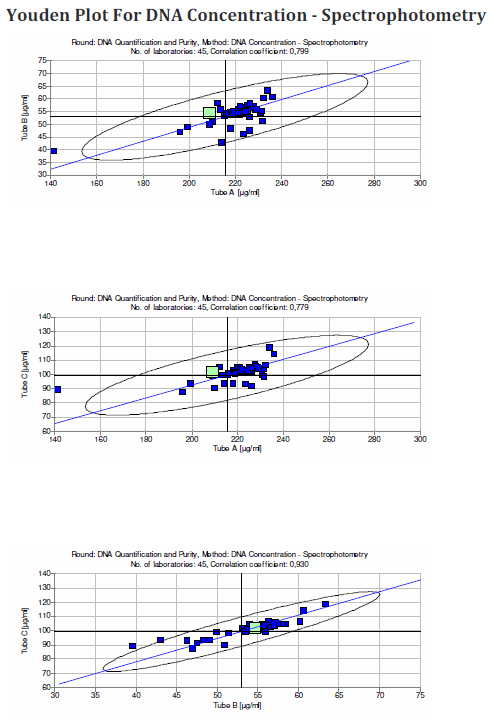

The CRBIP is an internationally recognized transdisciplinary biobank whose mission is to preserve and make accessible for research, training and quality control purposes, historical and newly collected microbial and human bioresources.
The Institut Pasteur has established a Biological Resource Center (CRBIP) that adheres to the principles outlined in this Charter.

The CRBIP Management Committee comprises the Director, Unit Heads, and Quality Manager. The Committee oversees the execution of the CRBIP strategy and operational plan, ensuring alignment with the Institut Pasteur's strategic plan.
An institutional Steering Committee provides institutional oversight and guidance to ensure the CRBIP's activities are consistent with the Institut Pasteur's strategic objectives.
An external, international, and multidisciplinary Scientific Advisory Board offers professional advice and guidance to the CRBIP Director, and the Heads of CRBIP Units, to accomplish the mission of the CRBIP.
CRBIP is entrusted with the maintenance of multiple collections of human biological resources (CHIP). We are dedicated to a transparent process for responding to requests for biospecimens and associated data, based on a Sample Access Committee (SAC).
The vision of CRBIP is to be a reference biological resource center in the area of microbiology and human diseases.
The mission of the CRBIP is to preserve and enable access to qualified microbial and human-origin biospecimens and associated data and services, to support high quality and reproducible research by the Institut Pasteur teams and the scientific community at large and to contribute to the development of research applications.


The CIP, PCC, CHIP, and the Project Management Office activities are certified to ISO9001:2015. Our quality control (QC) operations encompass a set of procedures and standards to ensure the consistency of stored biological samples and the reliability and accuracy of their associated characterization data. We perform quality control on samples, data and laboratory methods, including participation in EQA programs. QC of specimens includes application of categorical or quantitative analytical methods to measure quality attributes, such as concentration, purity, integrity, viability or identity.